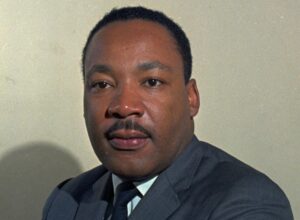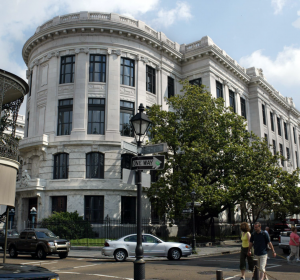The philosophy is hard on parents and children alike.
By Kate Cray
February 6, 2025, 2:34 PM ET
Produced by ElevenLabs and News Over Audio (Noa) using AI narration. Listen to more stories on the Noa app.
This is an edition of Time-Travel Thursdays, a journey through The Atlantic’s archives to contextualize the present and surface delightful treasures. Sign up here.
In 1933, the author Isadore Luce Smith made a bold declaration in The Atlantic: “A new type of parent has evolved.” These parents, Smith reported, hired baby specialists, pored over child-rearing books, and were obsessed with issues such as thumb-sucking. They bought only educational toys and carefully monitored their kids’ progress in nursery school. They were raising their children to be, in short, “supermen and superwomen.”
Nearly a century later, the phenomenon Smith wrote about has become an ideal for parents in America. It’s called intensive parenting, and it’s defined by the amount of time, labor, and money it demands. That work could involve anything from reviewing flash cards with a 4-year-old to buying expensive baby gear—so long as it’s all done in the child’s interest. Most experts pinpoint the mid-to-late 20th century as the moment when the method started to take over in earnest. But this parenting philosophy had critics even earlier: An unsigned 1902 Atlanticarticle about “strenuous parentage” expressed concern for “the poor parent!” Spending so much time with one’s kids would surely leave parents worn out, with barely any time for themselves, the writer contended. More than a century later, it’s clear that they were right.
Illustration by The Atlantic. Sources: Getty.




